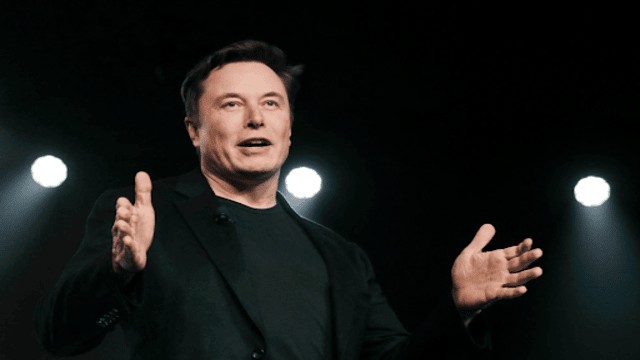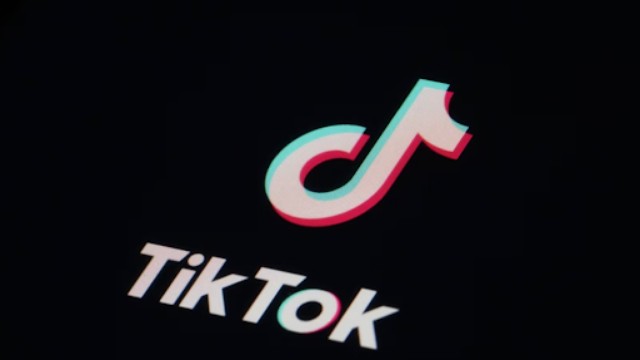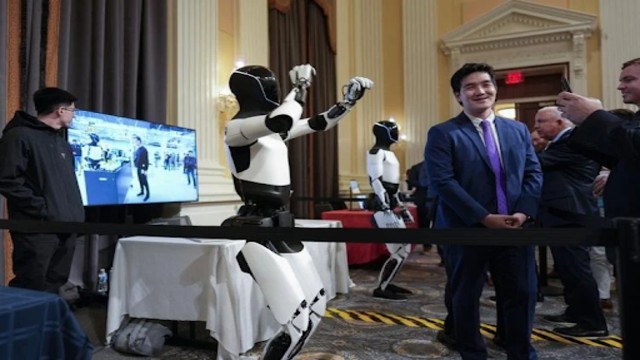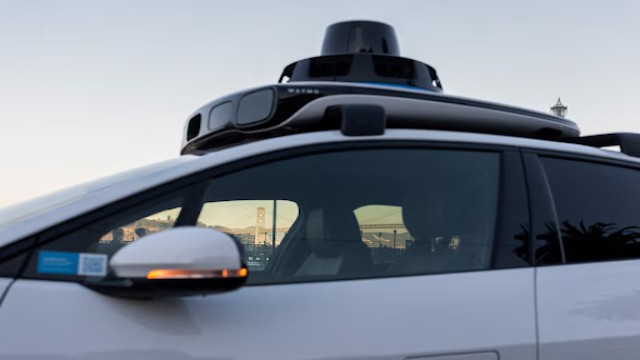
James Demmert, Chief Investment Officer at Main Street Research, advises investors to consider the long-term expenses associated with artificial intelligence when making investment decisions.
OpenAI’s board has firmly declined a $97.4 billion buyout offer led by Elon Musk, reinforcing its stance that the company is not for sale. The bid, backed by major investors including Valor Equity Partners, Baron Capital, and Atreides Management, aimed to bring OpenAI back to its open-source roots. However, the board unanimously rejected the proposal, stating that Musk’s attempt was merely a move to disrupt a competitor.
Bret Taylor, OpenAI’s chairman, emphasized that the company remains committed to its mission of developing artificial general intelligence (AGI) for humanity's benefit. CEO Sam Altman also dismissed the offer, calling it a strategic ploy to slow OpenAI down. Legal counsel Andrew Nussbaum further reiterated that the board’s duty is to protect the nonprofit’s mission, not cater to competitive pressures.
Musk, a co-founder of OpenAI before launching his own AI ventures, has been critical of the company’s shift toward a more traditional for-profit model. He has sued OpenAI, alleging that it has strayed from its founding principles, and sought legal intervention to halt its restructuring. His legal team argued that the board’s rejection was expected, given that Altman and Taylor had already spoken against the bid before reviewing it.
Attorney Marc Toberoff, representing Musk’s investment group, accused OpenAI’s leadership of prioritizing self-interest over their stated mission. He argued that while the board refuses Musk’s generous bid, they are effectively selling the company to themselves at a much lower valuation. "How does that benefit humanity?" he questioned.
Despite Musk’s legal efforts, a judge has hesitated to block OpenAI’s restructuring, describing the situation as a billionaire standoff. OpenAI countered Musk’s claims by pointing out the contradiction in his lawsuit—while he argues the company’s assets cannot be transferred for private gain, his own bid does just that. Musk’s lawyers later stated that he would withdraw his offer if OpenAI agreed to halt its transition to a for-profit model.
The battle over OpenAI comes at a crucial time, as the company is reportedly in talks with SoftBank for a new funding round that could value it at up to $300 billion. As part of its restructuring, OpenAI plans to fairly compensate its nonprofit arm, with discussions about whether the payout will be in cash or equity.
Legal experts believe Musk’s bid has forced OpenAI’s board to reconsider how it values its nonprofit assets. While the board is legally justified in rejecting Musk’s offer, the financial implications of this decision could impact current and future investors. If OpenAI increases the valuation of its nonprofit, existing stakeholders might see their equity diluted.
Regardless of the outcome, Musk’s involvement has added another layer of complexity to OpenAI’s corporate transformation. As the legal and financial battles unfold, the AI company faces mounting pressure to justify its restructuring while maintaining its commitment to advancing AGI for the greater good.















